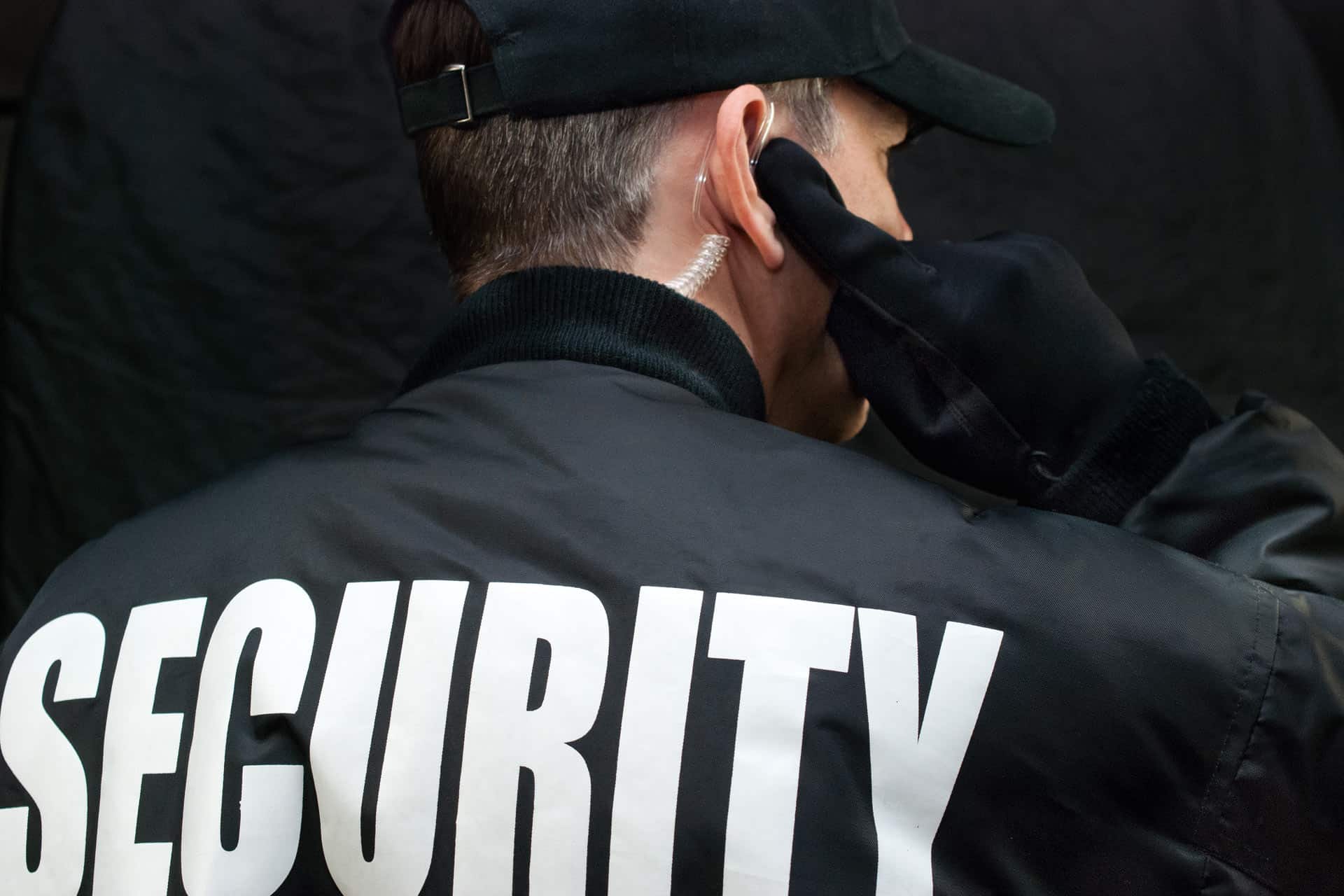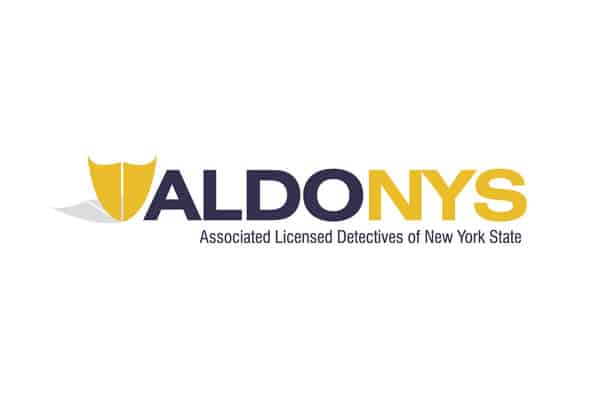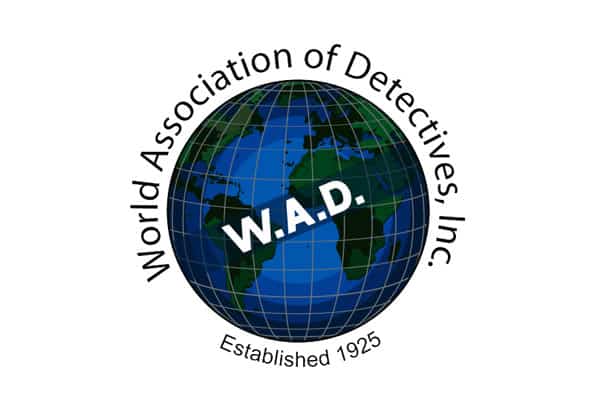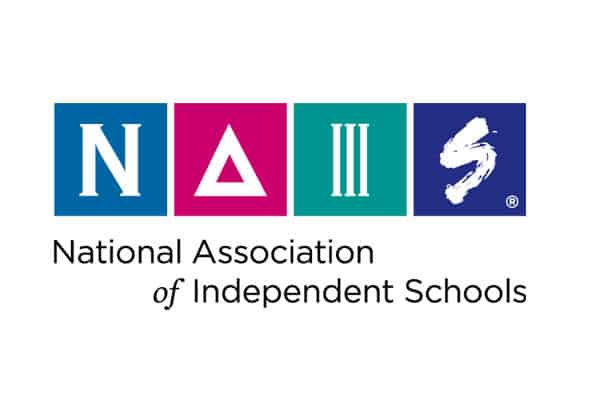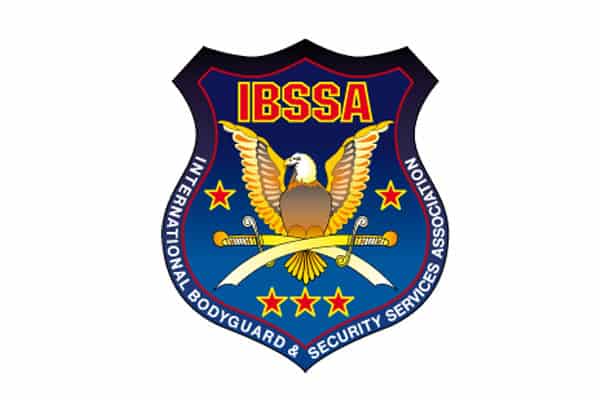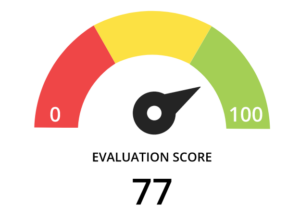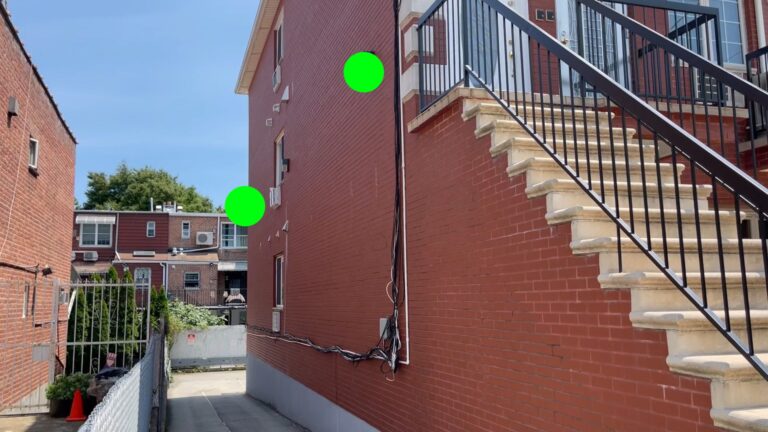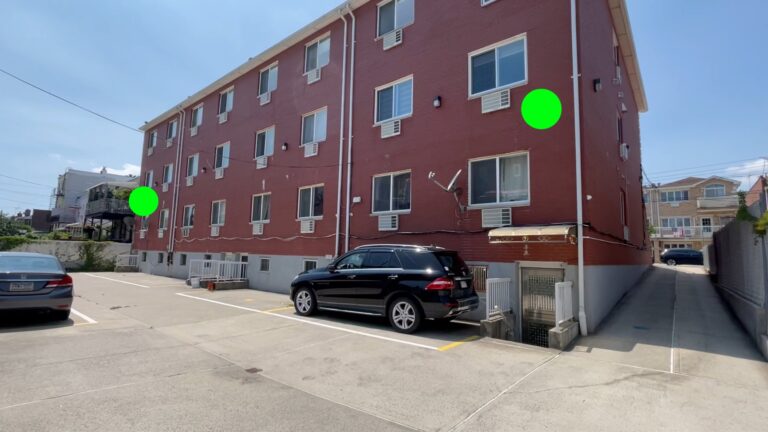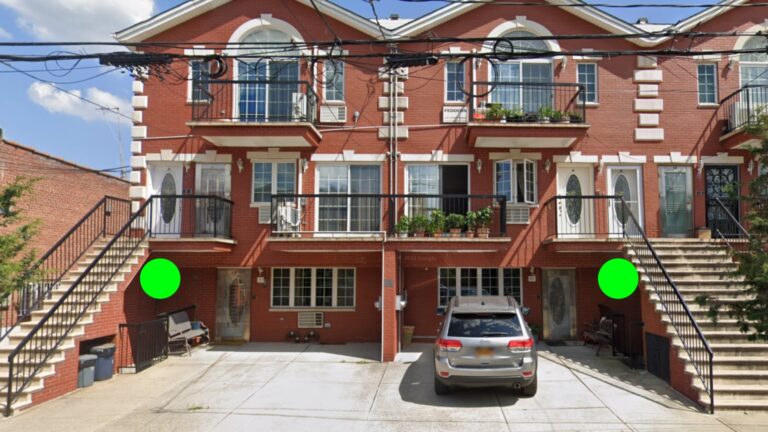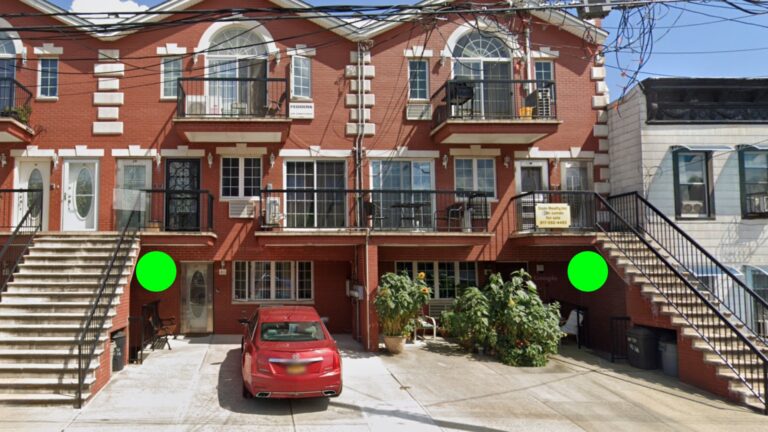The Job is a Mix of the Routine and Unexpected
The job of the security guard is complex. There are times when everything is routine, but no security guard can ever afford to become complacent. The unexpected can occur at any moment, in almost any guarded environment. That’s just one reason why security guards must always be vigilant and prepared for any eventuality.
Most Jobs Involve Some Public Interaction
If you’re attracted to a career in security because you want to avoid public interaction, you might want to reconsider your options. The fact is that most security guards end up dealing with customers or other members of the public on a fairly regular basis.
You Can’t Let Your Emotions Get the Better of You
While we’re on the subject of public interaction, it’s important to recognize that those interactions may not always be pleasant. Irate customers and others may be verbally abusive or outright hostile at times, and security guards need to be able to respond as dispassionately and professionally as possible. You need to be able to check your emotions and maintain a calm, cool demeanor in any confrontation.
Every Job is Different
It’s also important to understand that no two security guard assignments are alike. Yes, they may share some similarities, but each environment is different and job duties may vary from place to place. To meet that challenge, you need to be able to accept change and adapt to new situations.
Security Guards Do Not Have Police Powers
About the only thing that you’ll have in common with law enforcement is the fact that you each wear uniforms. As a security guard, you won’t have arrest powers or many of the other capabilities the police rely on to enforce their will or keep order. It’s important to keep that in mind, to ensure that you remain within the bounds of the law as you perform your duties.
In New York City, Training is Mandatory
New York City security guards need to be licensed by the state, regardless of whether they serve as armed or unarmed guards. Before that can happen, however, you will need to be properly trained, by instructors who are approved and licensed to provide that education.
Fortunately, when it comes to proper security guard training, there’s one company in New York that stands head and shoulders above the rest: ISS. If you’re ready to begin your security guard training and want to ensure that you’re properly prepared for the job ahead, contact International Security Services – New York City’s dedicated security experts.
